Diverticula are small pouches in the colon, common in adults. When these pouches get inflamed or infected, it’s called diverticulitis. There’s no cure, but we can help you heal naturally with simple changes.
By adopting a holistic approach, you can manage your digestive health. This way, you can reduce symptoms and prevent future problems.
Dietary fiber is key in our approach. Foods high in fiber and low in red meat can help. We’ll guide you to eat more fiber-rich foods to aid digestion and reduce inflammation.
We’ll also talk about the role of probiotics and stress management. Our goal is to help you live a healthy, vibrant life.
Understanding Diverticulitis and Its Impact on Digestive Health
Diverticulitis is a condition where small pouches in the colon get inflamed or infected. It affects millions of adults, especially those over 60. Knowing the causes, symptoms, and risk factors is key to managing this digestive issue.
What Causes Diverticular Disease?
The exact cause of diverticular disease is still a mystery. But, a low-fiber diet, obesity, and age are thought to play a role. As we age, our colon walls get weaker, making diverticula more likely. A diet low in fiber can also cause constipation, adding pressure to the colon.
Common Symptoms and Warning Signs
- Severe abdominal pain, often in the lower left quadrant
- Fever
- Nausea and vomiting
- Changes in bowel habits, such as diarrhea or constipation
Most diverticulitis cases are mild and get better in a few days or weeks. But, severe cases can lead to serious problems like bleeding, blockages, and holes in the intestine.
Risk Factors to Consider
Some factors can raise your risk of getting diverticular disease and having flare-ups. These include:
- Age: The risk goes up with age, especially over 60.
- Genetics: People of European or Asian descent might be more at risk.
- Diet: Eating too much red meat and not enough fruits and veggies can help diverticula form.
- Obesity: Being overweight can put more pressure on the colon, leading to diverticula.
By knowing the causes, symptoms, and risk factors of diverticulitis, you can take steps to protect your digestive health. This can help prevent severe flare-ups.
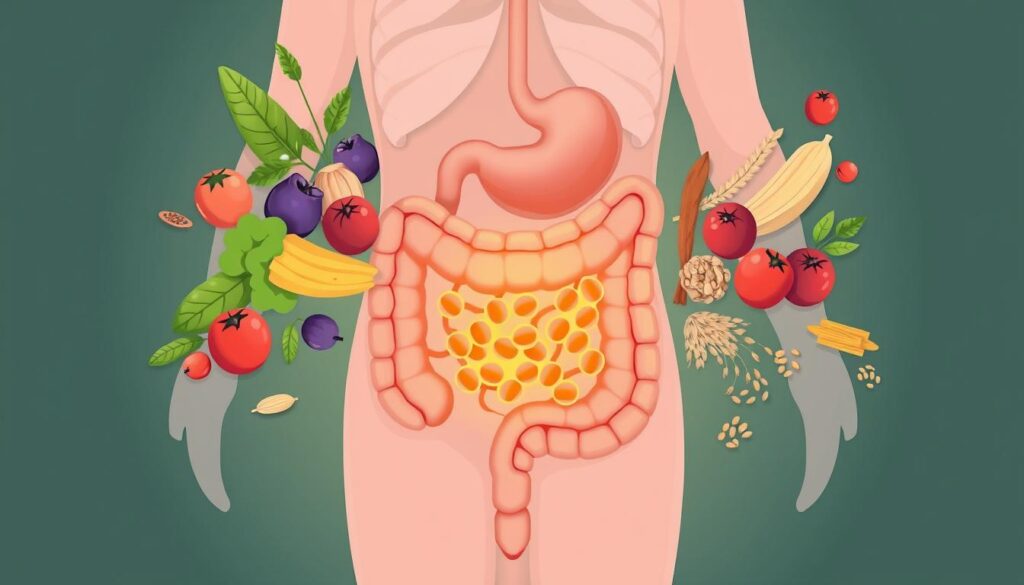
The Role of Dietary Fiber in Managing Diverticulitis
Eating a high-fiber diet is key to managing diverticulitis and stopping flare-ups. Fiber keeps your gut healthy by making stool bulkier and feeding good bacteria. Aim for 25-31g of fiber a day if you’re under 50, and 22-28g if you’re older.
Eat whole grains, beans, legumes, veggies, fruits, seeds, and nuts. Drinking lots of water helps fiber move through your body well.
Research shows that 10-25% of people with diverticulosis will get diverticulitis. Eating right can help manage this condition and stop future flare-ups.
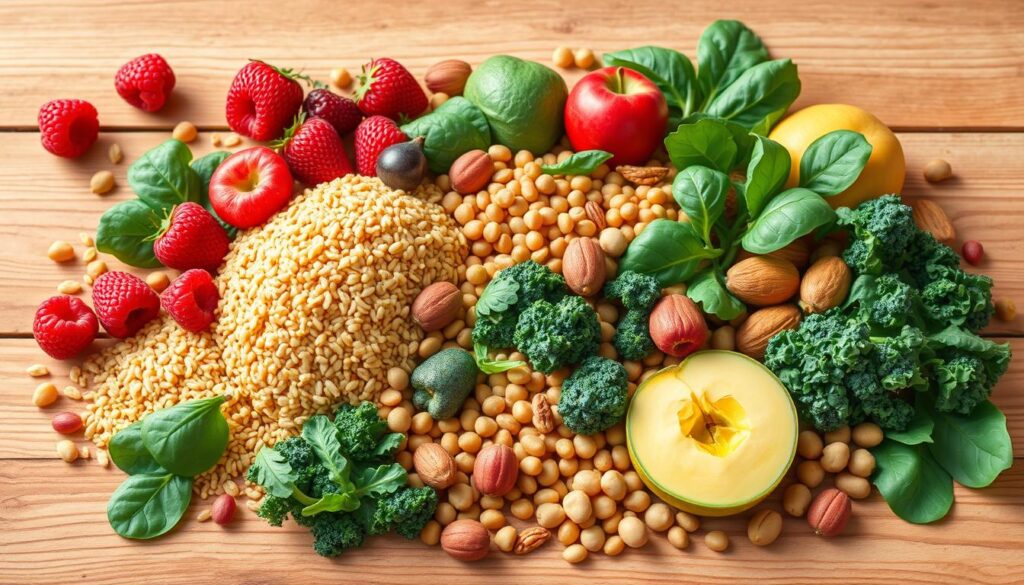
If you have a diverticulitis flare-up, you might need to eat only clear liquids. These include broth, fruit juices without pulp, soda, tea, ice pops, gelatin, and hard candy for a few days. After that, slowly add foods like cooked fruits and veggies, lean proteins, dairy, and low-fiber grains to your diet.
To keep your gut healthy and stop diverticulitis, increase your fiber intake slowly. Add fruits, veggies, and whole grains to your meals. This helps manage the condition.
Essential Dietary Changes for Prevention and Management
Changing your diet is key to managing diverticulitis and avoiding future problems. When you have a flare-up, eat only clear liquids like broths and fruit juices without pulp. This lets your digestive system rest and heal.
Once symptoms get better, start adding back foods that are low in fiber. These include canned fruits and veggies, lean proteins, and dairy. This helps your body adjust slowly.
Foods to Include in Your Diet
To prevent and manage diverticulitis, eat more high-fiber foods. Fiber helps keep your bowel movements regular and reduces inflammation. Good sources of fiber are:
- Whole grains, such as brown rice, oats, and whole wheat bread
- Fruits, including apples, berries, and pears
- Vegetables, like broccoli, spinach, and lentils
- Nuts and seeds, such as almonds and flaxseeds
Try to eat 25-38 grams of fiber each day. This depends on your age and gender.
Foods to Avoid During Flare-ups
When you have a flare-up, stay away from foods high in fiber and those that might irritate your stomach. Avoid red meat, processed foods, and added sugars. Instead, choose foods that are easy on your stomach, like:
- Broths and clear soups
- Bananas, rice, applesauce, and toast (the BRAT diet)
- Low-fiber fruits and vegetables, like canned peaches and green beans
Portion Control and Meal Timing
It’s not just about what you eat, but how much and when. Eat 5-6 small meals a day, each with 1-2 ounces of protein. This helps your body digest better and prevents irritation. Always talk to a doctor before changing your diet for diverticulitis.
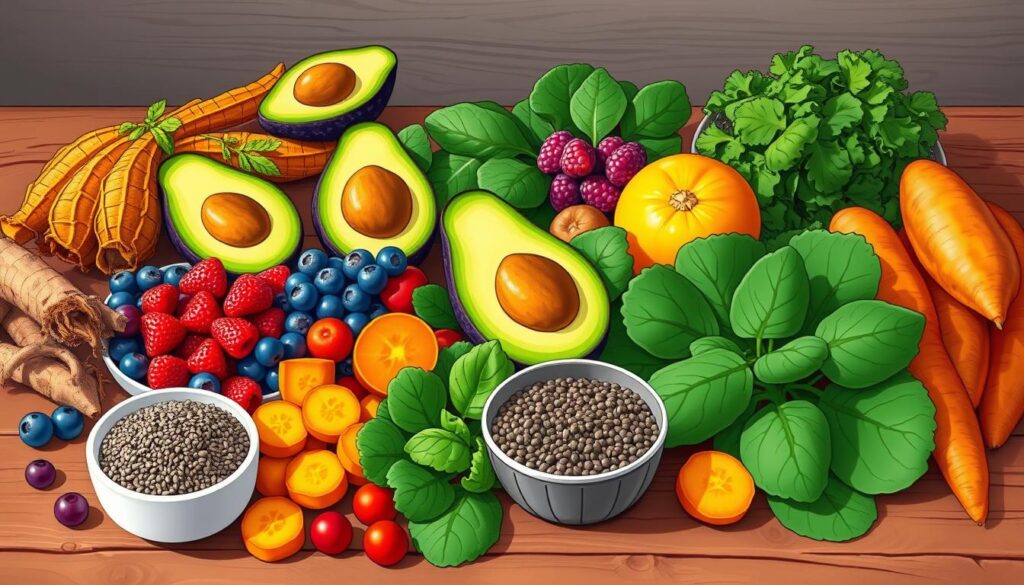
How to Manage Diverticulitis Naturally
Dealing with diverticulitis doesn’t mean you’re stuck with only one way to treat it. A holistic approach can help manage this condition and boost your digestive health. You can try anti-inflammatory foods, herbal remedies, and change your lifestyle.
One important natural strategy is to eat anti-inflammatory foods and supplements. Foods like fish, flaxseeds, and walnuts have omega-3 fatty acids. These can lessen inflammation in your gut. Probiotics in yogurt, kefir, and fermented veggies also help your digestive system and might cut down on diverticulitis attacks.
Herbal remedies can also help. Slippery elm and marshmallow root soothe your digestive tract. Aloe vera’s anti-inflammatory effects might also be beneficial. But, always talk to a doctor before adding new supplements to avoid side effects or interactions with medicines.
Lifestyle changes are also key in managing diverticulitis. Keeping a healthy weight, exercising regularly, and managing stress through meditation or yoga can help your digestive health.
Remember, what works for one person might not work for another. Working with your healthcare team can help create a plan that fits you. This plan can mix traditional and natural methods to manage your diverticulitis and enhance your life quality.
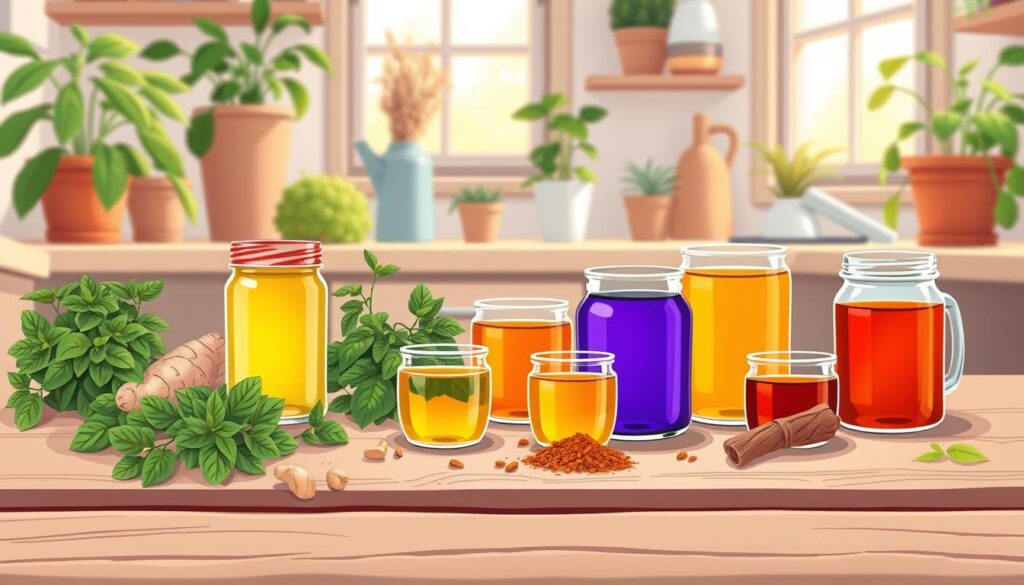
The Power of Probiotics and Fermented Foods
Keeping your gut healthy is key to fighting off diverticulitis. Probiotics and fermented foods are great helpers. They add good bacteria to your gut and ease diverticulitis symptoms.
Best Probiotic Sources for Gut Health
Yogurt, kefir, and kombucha are full of good bacteria. They can make your gut happier. Research shows they help with many gut problems and even prevent allergies in kids.
Some bacteria, like Lactobacillus acidophilus, can really help with diverticulitis. They also help with metabolism and reduce inflammation in the gut.
Incorporating Fermented Foods into Your Diet
Foods like sauerkraut, pickles, miso, and kimchi are full of good bacteria. They help with digestion, boost your immune system, and lower inflammation. This can stop diverticulitis from getting worse.
Start slow with fermented foods. Begin with a little sauerkraut, like a teaspoon a day. As you get used to it, you can eat more.
Using probiotics and fermented foods can help you manage your gut health. This supports your body against diverticulitis. Talk to a doctor to make sure you’re doing it right.
Exercise and Physical Activity Guidelines
Keeping a good level of physical fitness is key for managing diverticulitis. It also helps your gut health. Regular exercise can lower the chance of diverticulitis flare-ups. It also helps with symptoms like belly pain, bloating, and constipation.
Try to do at least 150 minutes of moderate exercise each week. This can be brisk walking or water aerobics. Start slow and get better over time. Always talk to a doctor before starting a new exercise plan, especially if you’ve had diverticulitis before.
- Do low-impact activities like walking, swimming, or yoga. This helps avoid more inflammation or irritation in your digestive system.
- Keep a healthy weight through regular exercise. Being overweight can make diverticulitis symptoms worse.
- Exercise boosts your immune system and lowers stress. Both are important for managing diverticular disease.
Make exercise a regular part of your life. It helps your gut health and can lower the risk of diverticulitis flare-ups. Always listen to your body and change your exercise plan if needed. Talk to your healthcare provider about it.
Stress Management and Lifestyle Modifications
Managing stress is key to avoiding diverticulitis flare-ups. Adding mindfulness and relaxation to your day can help a lot. Try deep breathing, meditation, or gentle yoga to relax your mind and body.
Getting enough sleep is also vital. Studies show 7-9 hours of sleep a night is good for your digestive health.
Stress Reduction Techniques
Look for stress-reducing methods that fit you. Some good ones are:
- Mindfulness meditation
- Gentle stretching or yoga
- Listening to calming music
- Engaging in relaxing hobbies
- Practicing deep breathing exercises
Adding these to your daily life can help reduce stress. This can also improve your digestive health.
Sleep and Recovery Importance
Having a regular sleep schedule and a calming bedtime routine can boost your sleep quality. Aim for 7-9 hours of sleep each night. This lets your body rest and recover fully.
Avoid screens before bed. Instead, do calming things like reading or gentle stretching. Keeping a healthy work-life balance also helps lower stress and supports your digestive health.
By managing stress and focusing on quality sleep, you can naturally manage diverticulitis. This improves your overall health and well-being.
Creating a Long-term Management Plan
Managing diverticulitis well needs a plan made just for you. Work with your healthcare team to create a plan. Regular check-ups and talking openly are important for a good plan.
Begin by making a plan with your doctor. This plan should include:
- Dietary guidelines to ensure you’re getting the right amount of fiber, limiting problematic foods during flare-ups, and maintaining a balanced, nutrient-rich diet.
- Exercise recommendations to keep your digestive system active and support overall health.
- Stress management strategies to reduce the impact of stress on your condition.
Watch your symptoms closely and keep a food diary. This helps find foods that might trigger problems. Be ready to change your plan if needed. This way, you can manage diverticulitis naturally over time.
Regular visits with your healthcare team are crucial. They can check on your health, adjust your plan, and help you stay on track. Working with your doctors helps you manage your diverticulitis and keep your digestive system healthy for a long time.
Conclusion
Managing diverticulitis naturally means making big changes. This includes what we eat, how we handle stress, and staying active. Working with doctors and using these methods can help a lot.
Eating foods high in fiber and probiotics is key. So is exercising often. Stress less, sleep well, and avoid bad habits like smoking and too much alcohol. These steps help our bodies heal.
Being consistent and patient is crucial for better digestion. Making lasting changes and using natural remedies can improve our health. This way, we can manage diverticulitis well and keep our digestive system healthy for a long time.
FAQ
What is diverticulitis and how does it affect digestive health?
Diverticulitis is when small pouches in the colon lining get inflamed or infected. It’s common in adults over 40. Symptoms include severe pain, fever, nausea, and changes in bowel habits.
What are the risk factors for developing diverticulitis?
Risk factors include a low-fiber diet, eating red meat, and changes in gut bacteria. Knowing these helps manage and prevent diverticulitis.
How can dietary fiber help manage diverticulitis?
A high-fiber diet is key for managing diverticulitis. Fiber keeps the gut healthy by making stool bulkier and feeding good bacteria. Aim for 25-31g daily for adults under 50, and 22-28g for those over 50.
What should I eat during a diverticulitis flare-up?
Eat clear liquids like broths and fruit juices without pulp during a flare-up. Slowly add low-fiber foods like canned fruits and vegetables, lean proteins, and dairy.
What natural remedies can help manage diverticulitis?
Natural remedies include anti-inflammatory foods and supplements like omega-3 fatty acids. Herbal remedies like slippery elm and marshmallow root can soothe the gut. Aloe vera reduces inflammation.
How can probiotics and fermented foods benefit digestive health?
Probiotics and fermented foods are vital for a healthy gut. Include yogurt, kefir, kombucha, pickles, sauerkraut, miso, and kimchi in your diet. These foods have beneficial bacteria for digestive health.
How can exercise and physical activity help manage diverticulitis?
Exercise improves gut health and may prevent flare-ups. Try moderate activities like brisk walking or water aerobics. Always check with a healthcare professional before starting a new exercise routine.
What role does stress management play in managing diverticulitis?
Stress management is key to preventing flare-ups. Use relaxation techniques like deep breathing, meditation, or yoga. Also, get enough sleep and maintain a healthy work-life balance to reduce stress.
How can I develop a comprehensive long-term management plan for diverticulitis?
Create a personalized management plan with your healthcare team. It should include regular check-ups, dietary advice, exercise, and stress management. Keep an eye on your symptoms and adjust your plan as needed.







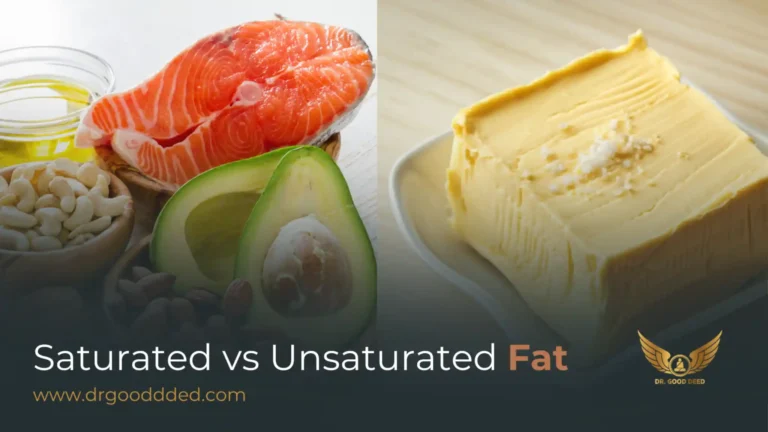





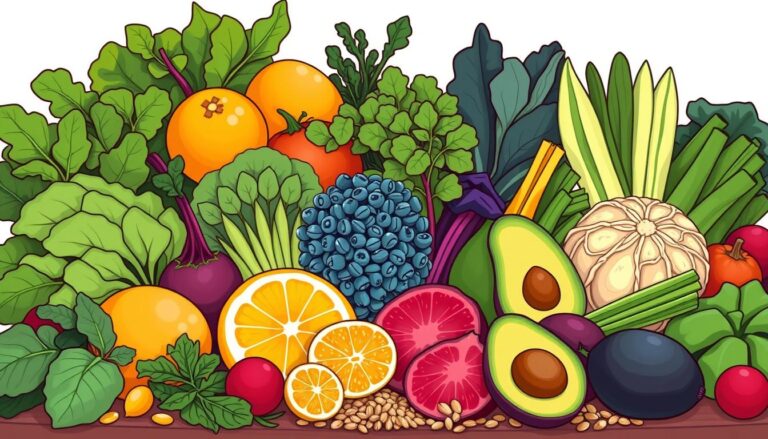

Leave a Comment